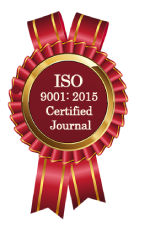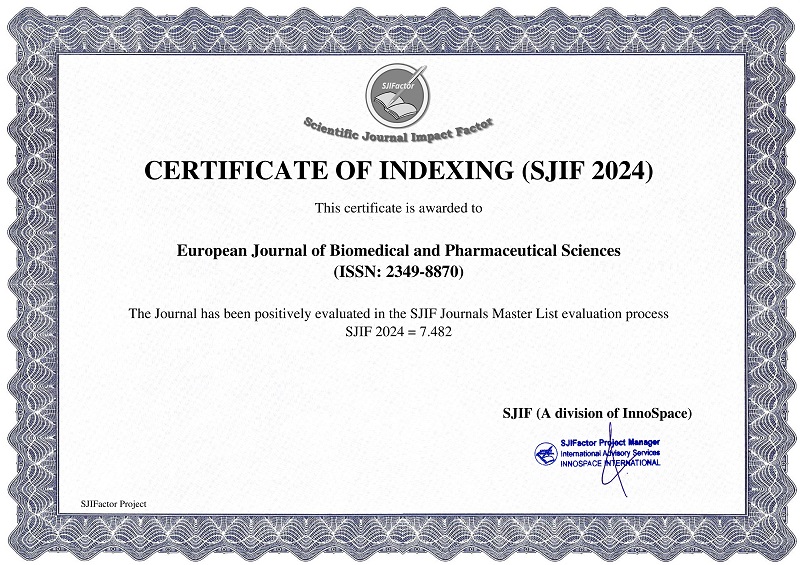EFFECT OF UNANI PHARMACOPOEIAL FORMULATIONS IN THE MANAGEMENT OF ECZEMA (NAR FARSI): A CASE REPORT
*Shadma Ishrat, Zamir Ahmad and S. M. Ahmer
ABSTRACT
Eczema is a type of dermatitis in which inflammation of the epidermis occurs. Eczema does not have a known specific etiology. Despite the fact that it is activated by the immune system and is related to allergic reactions, it is not the same as other allergic reactions. According to the Unani system of medicine, eczema occurs due to akkal (corrosive), haar (hot), and lazeh madda that may spread with dam (sanguineous matter) or balgham (phlegmatic matter). It may also be produced when hot (bilious and sanguineous) humor is mixed with dry humor (saudawi madda). It may also occur when haad akhlat combines with khilt-e-raqeeq (safra), and also due to the increased hiddat in khilt-e-dam. Eczema clinically manifests as pruritus, erythema, edema, papules, vesicles, scaling, and lichenification. The feature that predominates depends on the stage of the disease, that is acute eczema is exudative, while chronic eczema is dry, scaly, and often lichenified and it can affect any person irrespective of age and sex. In this case report, a 54-year-old female, presented with complaints of dryness, itching, burning sensations, scaly lesions, and darkening of the skin on palmer and dorsal surfaces of both hands and both feet treated effectively with Unani medicine. Following one month of regular treatment, significant changes were observed in the skin lesion and in the patient’s symptoms. Post-treatment follow-up after 1 month did not show any signs of recurrences of lesions. Unani medicines provide an effective approach to managing eczema.
Keywords: Eczema, Nar Farsi, Unani medicine.
[Full Text Article]
[Download Certificate]


 Impact Factor : 8.181
Impact Factor : 8.181 






